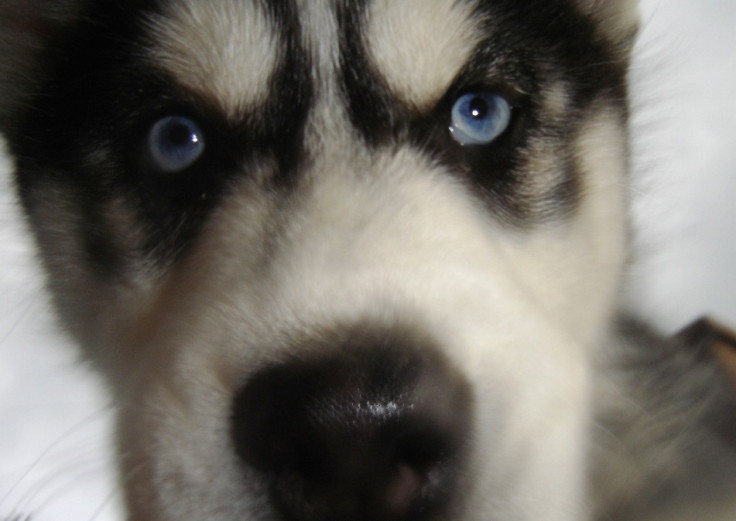World's Oldest Cancer Originated in Inbred Husky Dog 11,000 Years Ago

The world's oldest cancer has been dated to 11,000 years ago and was transmitted between dogs during mating.
Scientists at the University of Cambridge have sequenced the oldest continuously surviving cancer and have discovered it carries about two million mutations, far more than most human cancers that typically have between 1,000 and 5,000.
The cancer causes grotesque genital tumours in dogs. It arose in a single dog but survived by transferring to other dogs during copulation.
Elizabeth Murchison, first author of the study, said: "The genome of this remarkable long-lived cancer has demonstrated that, given the right conditions, cancers can continue to survive for more than 10,000 years despite the accumulation of millions of mutations."
Transmissible cancer in dogs is a common disease and researchers believe the genome sequence of the oldest form will help experts further understand how the disease spread.
"The patterns of genetic variants in tumours from different continents suggested that the cancer existed in one isolated population of dogs for most of its history," Murchison said.
The team used one type of mutation, known as a 'molecular clock', to work out the cancer's age. They then looked at the genetic variants of the cancer to discover that the dog it was first found in resembled a Husky, or an Alaskan Malamute.
Although transmissible cancers are very rare, we should be prepared in case such a disease emerged in humans or other animals.
Researchers believe the dog had a short, straight coat that was either grey/brown or black. Findings also showed the dog had been inbred.
"We do not know why this particular individual gave rise to a transmissible cancer," Murchison said. "But it is fascinating to look back in time and reconstruct the identity of this ancient dog whose genome is still alive today in the cells of the cancer that it spawned.
"[The disease] spread around the world within the last 500 years, possibly carried by dogs accompanying seafarers on their global explorations during the dawn of the age of exploration," she said
In humans and animals, cancers normally arise when a single cell mutates causing it to produce more copies of itself and spreads to different parts of the body.
Transmissible cancers are extremely rare and apart from in dogs, the only other known type to move between animals is facial cancer in Tasmanian devils through biting.
Mike Stratton, senior author, said: "The genome of the transmissible dog cancer will help us to understand the processes that allow cancers to become transmissible.
"Although transmissible cancers are very rare, we should be prepared in case such a disease emerged in humans or other animals. Furthermore, studying the evolution of this ancient cancer can help us to understand factors driving cancer evolution more generally."
© Copyright IBTimes 2024. All rights reserved.







